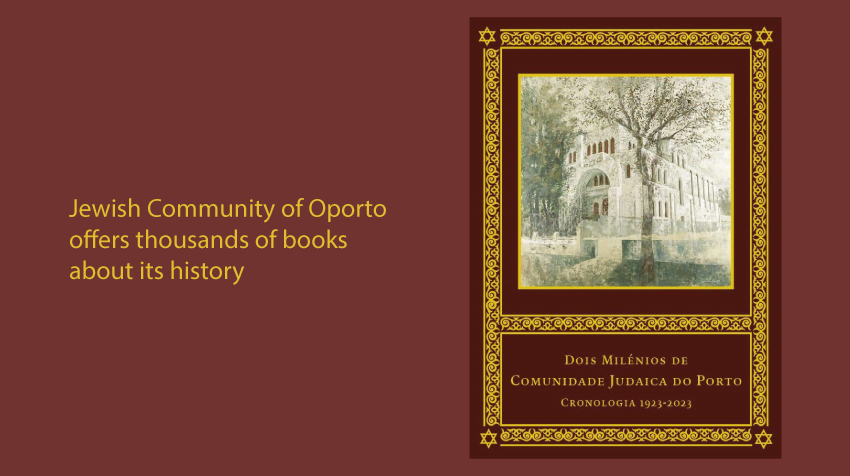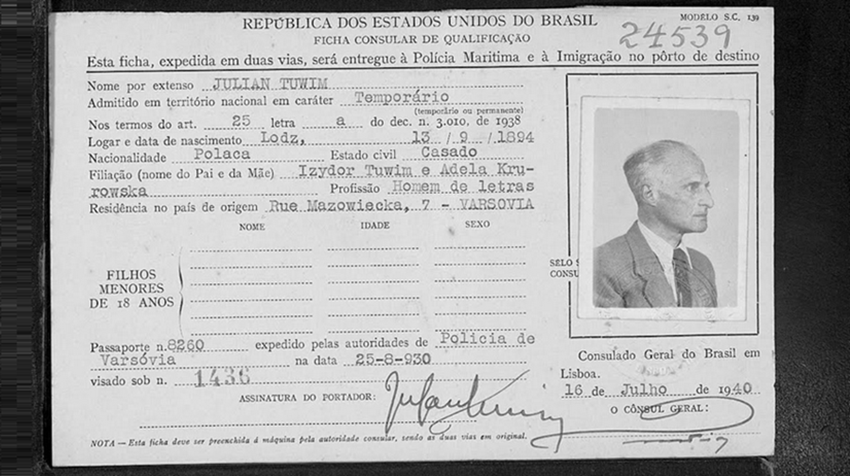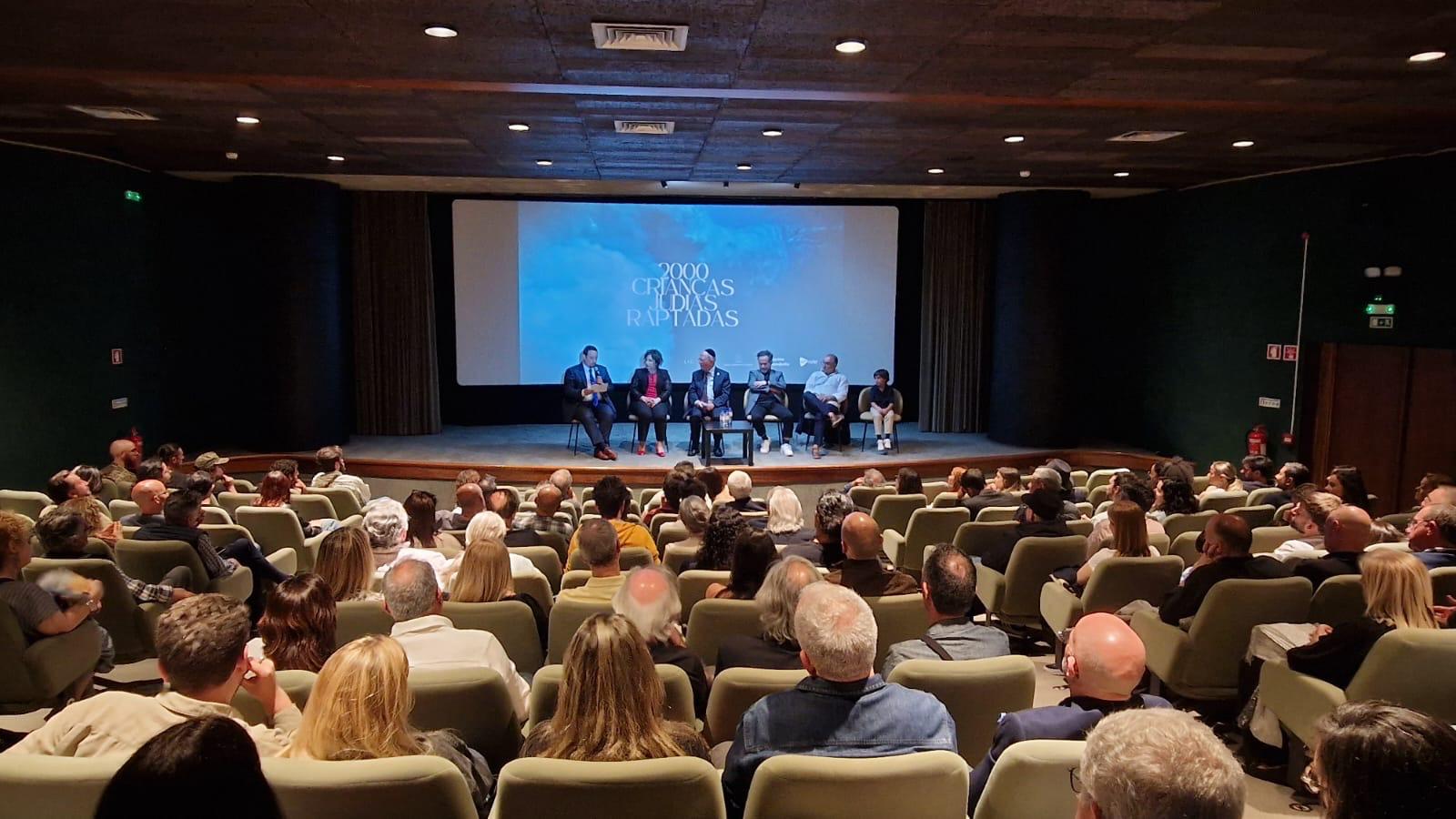In the year of its centenary, the Jewish Community of Oporto has published a book in Portugal about its history. Entitled "Two Millennia of the Jewish Community of Oporto, Chronology 1923-2023", this bilingual book in Portuguese and English with over 600 pages, tells the story of the long presence of Jews in the city. The main recipients of the book are abroad, in many countries and international organizations, but Portugal has not been forgotten.
The book was given to embassies and consulates in Portugal, as well as to the President of the Republic, parliamentarians of all parties, party leaders and former leaders, mayors and councillors of the main municipal councils of the country. The book was also presented to the main libraries of Portugal, universities, museums, foundations, courts, security forces, the ombudsman's office, the bar association, parish councils of the city of Oporto, judges, prosecutors, lawyers, academics, journalists, cultural figures and others.
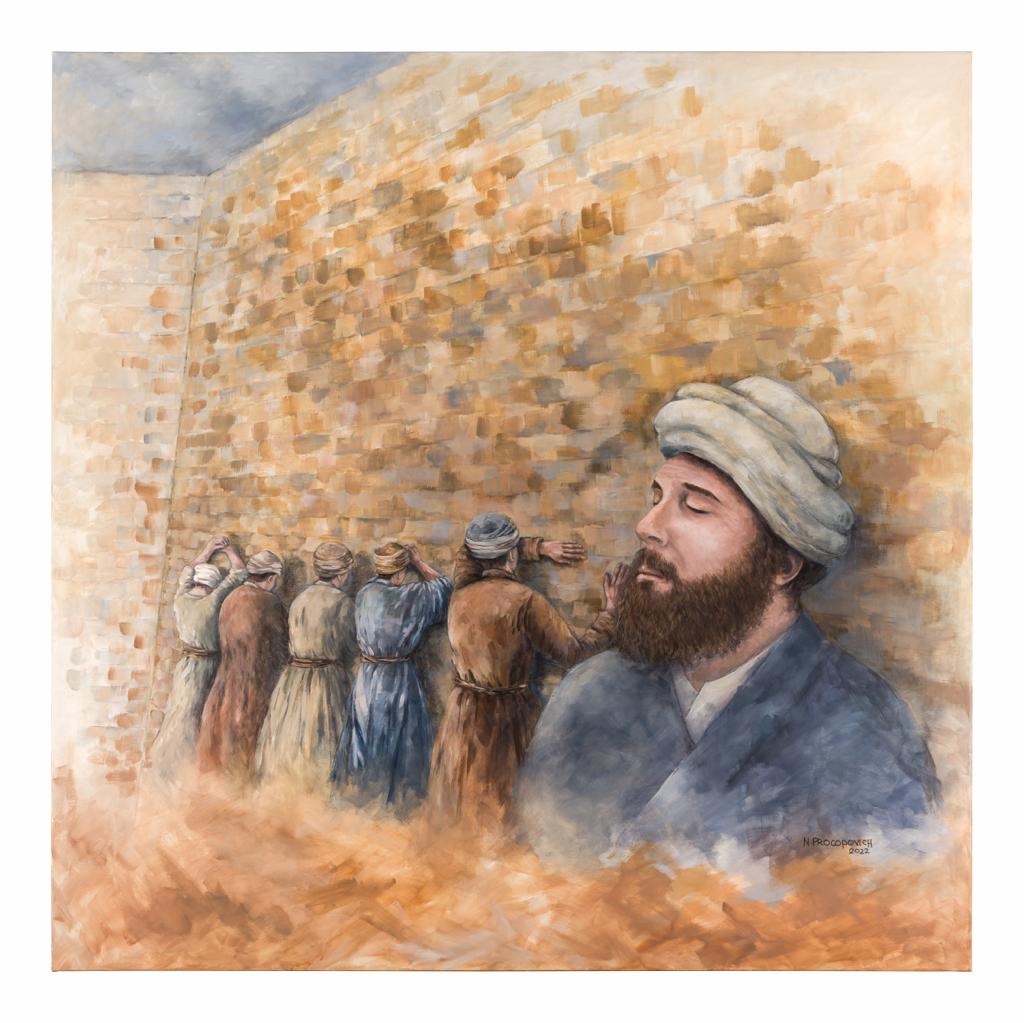
The President of the Republic, Marcelo Rebelo de Sousa, in a letter addressed to the Community, described the book as "very important for the history of Oporto and Portugal". It can be downloaded for free at oportojewishheritage.com. It reveals that the first documentary records of the Jewish community date from the twelfth century, but its presence in the city is much older, as in other places in the Iberian Peninsula. "The influence of the small people coming from Judea gave the city part of its stamp that characterizes it. The Jewish spirit of Oporto is revealed in various aspects, such as the capital of labor, the commercial and industrial vein of a globalist nature, the strong initiative to create new horizons, the 'right accounts' in the fashion of the city, parochialism mixed with cosmopolitanism, and the sense of independence and not subordination.”
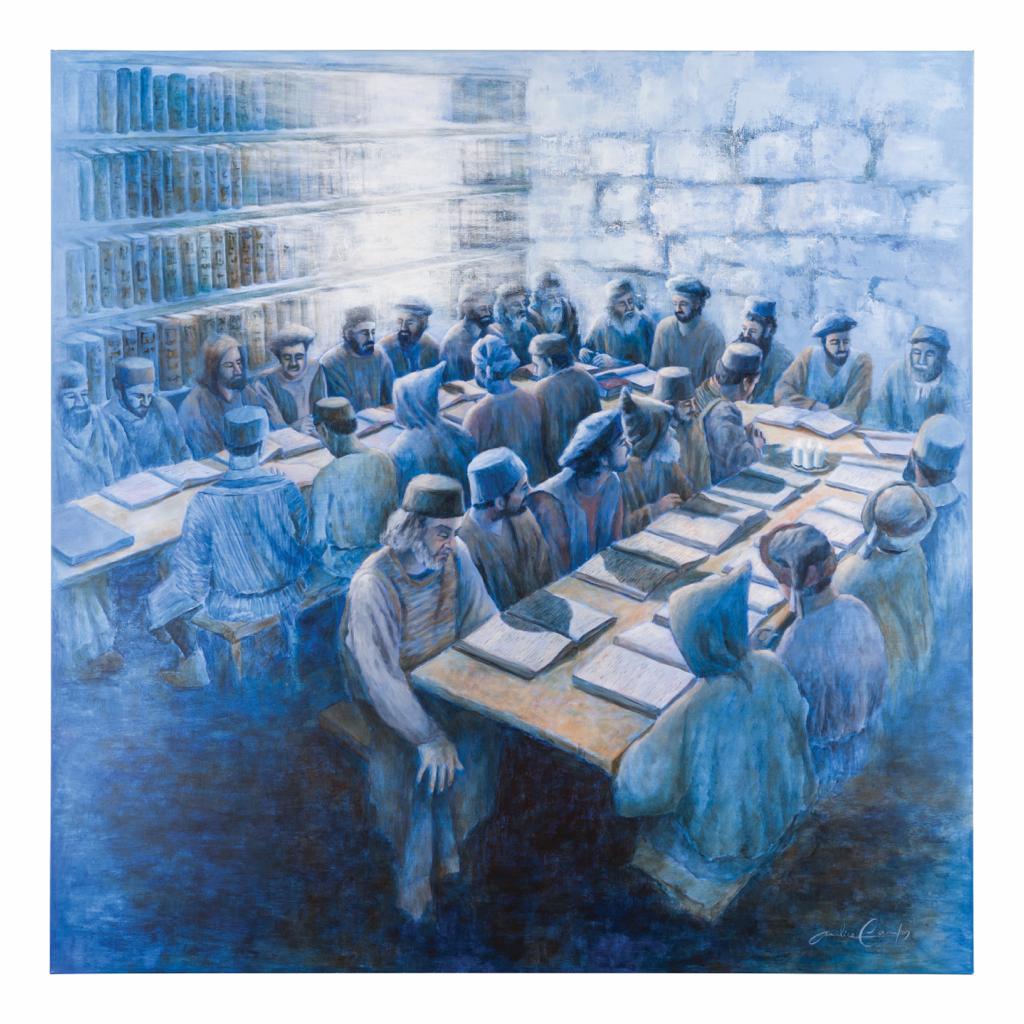
During the first dynasty of the Portuguese monarchy, the Jewish community was important to the city. "Religiously, the Jewish minority of Oporto constituted a compact organism based on a tradition dating back to Abraham, Egypt and Mount Sinai. Politically, it was hardworking, influential, and connected with the governance of the Kingdom, which in no way harmed it but rather favoured it. Economically, it was part of the administration of public income and promoted the material comfort of the nobility. Commercially, it combined its entrepreneurial ability with the mastery of the languages spoken by traders from all over the world."

With the Edict of Expulsion of D. Manuel, in 1496, the Jews officially disappeared. Those who remained in Portuguese territory were forcibly baptized and forced to adopt the designation of "New Christians". The surveillance over these was multiplying to such an extent that, in 1536, the Inquisition was instituted in Portugal. "When the Inquisition was established in Oporto, the City Council created so many obstacles to the Inquisitor, that he addressed a complaint to the King, accusing the City Council of doing everything to protect the New Christian." The book adds that throughout the sixteenth century the city of Oporto only had two autos-de-fé.

The book also described how, in 1618, during an inquisitorial visitation to Oporto, "there was a unique case in the world of resistance to the Inquisition by the municipal, judicial and religious authorities of the city, to the point that the Court of Appeal ordered the siege of the ecclesiastical court to prevent some prisoners from being taken to Coimbra. Worn out, the Visitor Sebastião Noronha traveled to Madrid to make a complaint to King Philip."
Still, in the context of that Visitation, the Inquisition arrested more than a hundred "New Christians", which resulted in the destruction of the social, economic and financial system of the city. "After the businessmen were crushed, we witnessed a great migratory wave of New Christians, who said goodbye to the land of their ancestors, taking their nostalgia to the four corners of the world."

"In the seventeenth and eighteenth centuries, descendants of New Christians from Oporto, reconverted to Judaism, occupied prominent positions in the Jewish circles of Africa, the Ottoman Empire, Italy, Holland, England, Asia and other places, remembering, at the head, the role of the relatives of the last "Gaon" of Castile (Isaac Aboab, who died in Oporto in 1493), and from the outset his great-grandson, Emanuel Aboab."
After the abolition of the Inquisition in 1821, so-called Sephardic Jews, particularly from Morocco and Gibraltar, began to return to Oporto, but did not create lasting institutions in the city. By the end of that century, the community was essentially Ashkenazi. This continued before, during, and immediately after the First World War (1914-1918), with the arrival of Jewish families from Poland, Lithuania, Ukraine, Belarus and Russia.
In 1921, the Jewish community of Oporto, composed of Ashkenazi Jews, "received into its bosom a Portuguese Jewish family, headed by a military man of great vigor and intellectuality. His name was Arthur Carlos de Barros Basto. He had converted to Judaism the previous year in Tangier. Overcomingthe introverted nature of seventeen Jews from Central and Eastern Europe in 1923, Captain Barros Basto convinced them to form an association called the Jewish Community of Oporto. He thought of reconnecting Portugal with the Sephardi communities of the world and re-establishing the Chief Rabbinate of Portugal. However, for this he needed financial means. To obtain such means, the Captain remembered to add to the described plan another one that aimed to attract and rescue to Judaism the Marrano population that lived in areas of Trás-os-Montes and Beiras."

The book describes how the Captain managed to build the Kadoorie Mekor Haim Synagogue in Oporto, the largest in the Iberian Peninsula, with the help of the Portuguese Sephardic diaspora. It tells of the failure of the rescue plan of the Marranos, who did not want to abandon their traditional religious practice of Marranism, which mixed Catholic and Jewish rituals and customs.
Barros Basto was discredited by a campaign based on anonymous slanderous letters. Although these letters were soon considered defamatory by the Public Security Police, the State took advantage of them to destroy the expelled army officer and the Jewish Community of Oporto over which he presided. The book states: "Throughout the twentieth century, there was no Jewish community registered for legal purposes. It transformed the organization into a phantom entity, which existed, but did not exist at the same time. It had not even completed the registration of the synagogue building in the Land Registry Office."

For decades, in the twentieth century,the Kadoorie Mekor Haim synagogue had a difficult, silent and empty existencealthough there had always been a sufficient number of Jews for the practice of Judaism in Oporto without limitations. Finally in the 21st Century, with the social rehabilitation of the community, it hired a rabbi and came to rely on a religious committee and a museologist. It thus awakened its main purpose which was the promotion of Jewish religion and culture.
The book states that the Community is now composed of about 1000 people from 30 countries. It has three synagogues, community centers, kosher restaurants, a kosher hotel, a Jewish cemetery, a Holocaust Museum, a Jewish History Museum, and a Cinema that regularly screens films about the history of Portuguese Jews. Notably, it shows the film "1618", which has received many international awards.

With photographs, documents and other materials, the book tells the story of a community that in the 30s was one of the smallest in Europe yet was able to build the largest Synagogue in the Iberian Peninsula. Today it is a promoter of unique cultural and educational activity in Europe, through the Holocaust and Jewish Museums. In the past two years, the Museums have welcomed over 50,000 teenagers from all over the country without charge.































